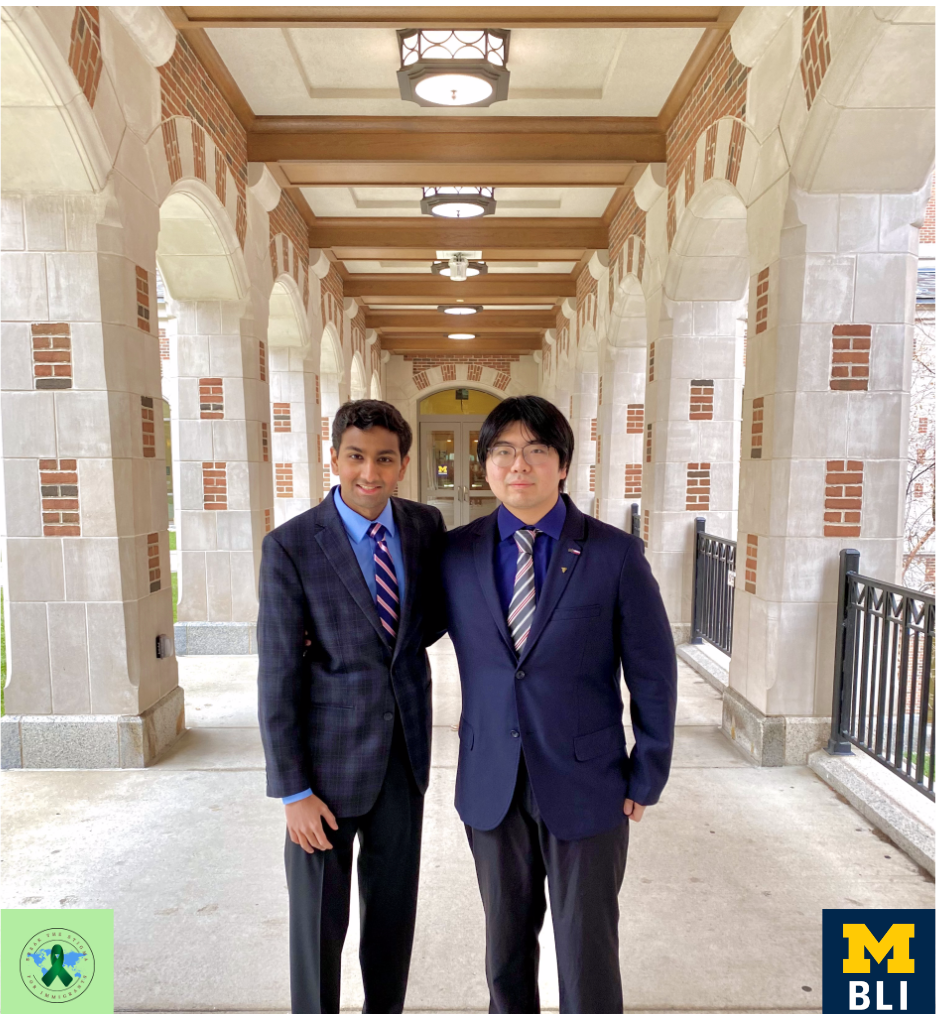
During the four workshops that we attended this term, I believe we learned a variety of valuable information that we have been able to apply to our project. For instance, one thing we learned from the first workshop was how to identify the root cause of our project idea. The root causes analysis exercise allowed us to better dissect our ideas and understand them at a deeper level than we did before. For our project specifically, we utilized the Fishbone Diagrams to better understand our root cause. For us, the Fishbone diagram method not only helped us visualize how to address the topic of mental health care, but it also helped us develop a specific plan for what was actually causing the issues of stigma.
Moreover, another aspect of the workshops we found valuable was learning about how to engage with a community and our stakeholders. This was something we were hoping to learn from the workshop since it allows us to develop an action plan for the project. Through this experience, we learned about how to personally embrace an attitude of cultural humility. For our project, we utilized the “Entering” method when we first approached our current stakeholders and will continue to apply the principles we learned about engaging with our community as our project progresses.
Furthermore, we found the research methods part of the workshop very interesting. From learning how to properly develop a research question, to how to conduct a literature review, we learned a great deal about the importance of research and the research method. For our project, we have since researched topics of stigma and mental health on databases such as PubMed and PsycInfo, and better understand prevention techniques used by researchers, and how they measured stigma. In the future, we will be using the 5-point Likert scale method to quantitatively measure stigma at the community level through our project. We also plan to use qualitative methods such as interviews to better get feedback about our seminar talks and activities. Additionally, we were hoping to learn how to form open-ended questions as we knew it would be important for us to do so when we reach out to stakeholders, and the workshops greatly helped us.
Through the various workshops, I believe we were able to better sharpen our skill of developing open-ended questions. I believe that by learning this skill, we were able to greatly improve our understanding of the topics of mental healthcare as it relates to immigrant communities, and better recognize the community we are working with and its values. Overall, we found our time in the workshops to be valuable in shaping our project idea, and we plan on continuing to implement the various aspects of open-ended questioning, root cause analysis, and responsible community engagement during our project next term.
By, Douglas Lin and Rohan Patil




